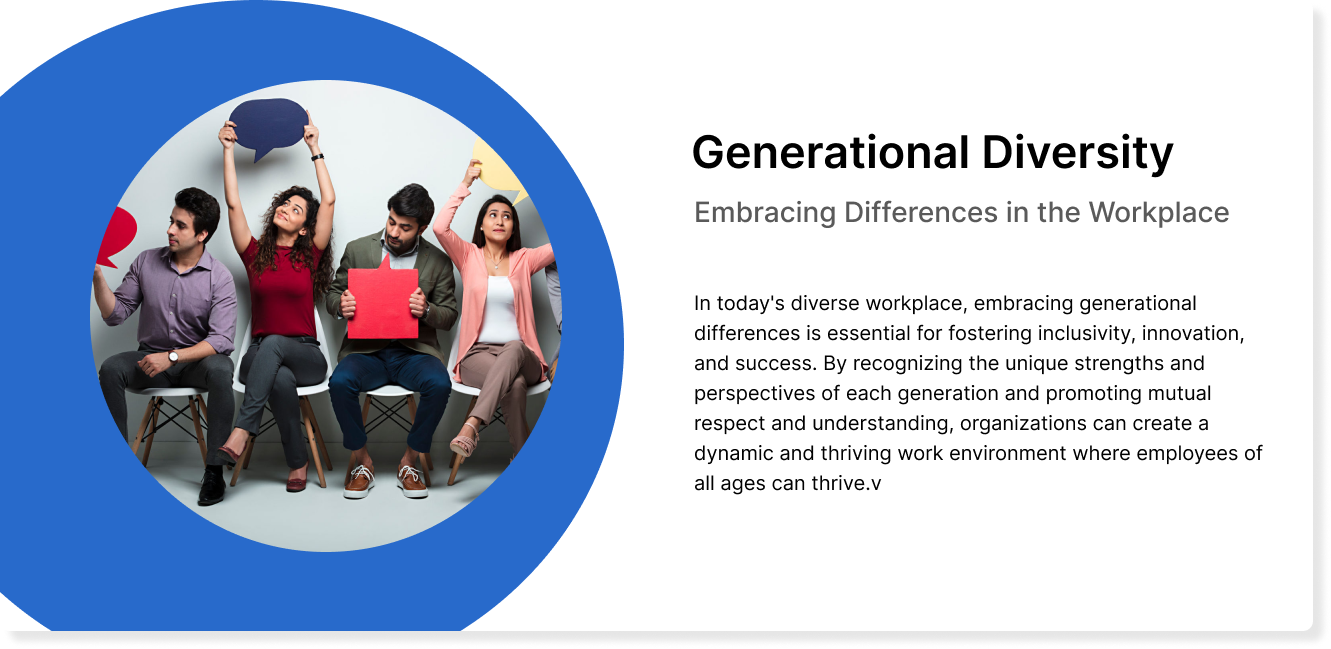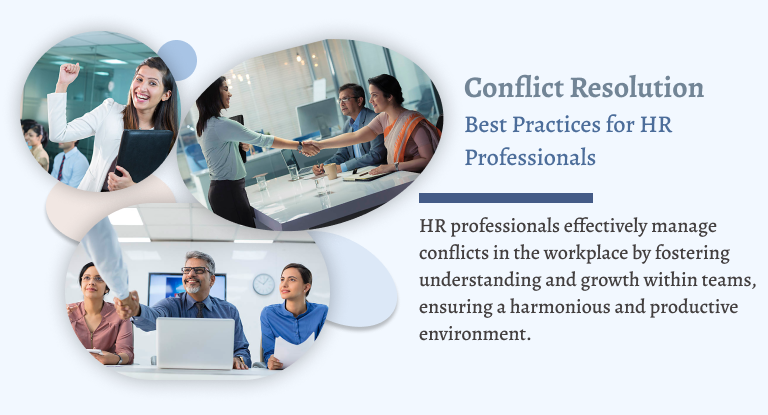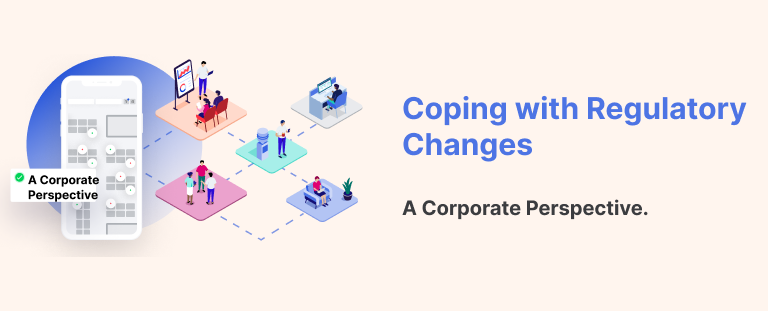
-
-
0
-
334
How to find the best HRMS software for your company?
Human Resource Management System (HRMS), as we all know, drastically reduces the menial responsibilities of the functional HR Managers. It takes care of payroll, onboarding, report generation, data security, etc. and empowers the administration allowing more time to architect ground-breaking strategies and productive environments.
Of course, the decision to get your hands on the HRMS for your business is the first step towards empowerment. But the journey towards your ideal HRMS is filled with pitfalls which you should avoid at all costs. And there are thousands of vendors available in the market with their custom software to ease HR Management. So, how would you decide the one that serves your cause in the best way?
Here is a checklist of things that you should do to reach your ideal Human Resource Software:
- Put Together a Qualified Team
A qualified team involving a cluster of stakeholders including the HRMS selection project manager, human resource manager, finance executives, and employees outside of the HR department, brings a variety of unexpected ideas to the table.
Instead of going solo on the mission with mountainous heaps of tasks to buy the right HRMS for your company, a team can work faster and efficiently. It can split the work into modules and distribute among the team to assemble every piece worked by the members at a desired date to form a conclusion.
- Gather the Requirements for Your HRMS
Jot down a compact list of areas where your HR Managers lag, where the process is unnecessarily toiling, and where the improvements can be made.
With a keen eye on the future, additional features and specifications that could cause a positive impact have to be listed and summated to the final list. Another key aspect to be noted is about the parties who actively use the HRMS. Insights on their requirements always take precedence.
For example, the employees would want to track their paid-time-offs and manage their benefits. And likewise, the HR Managers would want to track employee performance, build reports, create shareable profiles, and so on.
The final list should also reflect back on the company’s size and future plans as there are HRMSs built specifically targeting small to mid-range companies. And a low-level HRMS couldn’t handle the surging business your company encounters; scalability is the key.
Extra care and caution is always recommended for this step as the final list is the manifesto that will ring the ears of the vendors.
- Identify the Right Vendor
Throw your hooks and lay your nets if that’s what it takes to find the right vendor. Your professional connections can be of great help too because the internet is brimming with HRMS vendors that it would take an excruciatingly long time to check with every vendor.
Based on your budget, you can start looking for HRMS in top, middle, and booming low tier/startup companies. Their portfolio and their team’s experience always speaks volumes for the prowess. The Return On Investment you expect will also play a humongous role in the type of company you want to choose.
The companies your team shortlists should also be okay with your customizing requirements if any.
- Know the Technology and Timeline
Ultimately, it comes down to the technology vendors work with. You don’t want a product built with a prehistoric programming language. The HRMS you acquire should be readily integrable and must have been built with the industry’s latest, powerful technology.
The timeline to develop the product should also be brief and apt. It shouldn’t take time such that the technology with which HRMS is built should get expired by the time the product was complete.
Speaking of timeline, if you are looking for a solution to integrate as soon as possible, a lot of vendors are offering readymade HRMSs and software.
- Run a Background Check for Authenticity
In the era where cybercrime is running rampant, you can only be advised to practice caution.
Always run a background check before choosing a company. If their portfolio and commendations aren’t as true as they claim it to be, or even if you sense something shady, move to your next-in-the-list. And because more years imply more successful projects, a good number of companies have already summated decades to their teensy working years in the industry.
The company’s developing team’s skill and expertise should also be verified despite the years of experience for the possibility that your project can end up in the hands of the team of rookies.
Almost all of the companies showcase their project demo to give their customers a piece of experience and idea of what they can do. It indeed explains the company’s mastery over the domain and how it addresses your concerns.
- Clarify the Transparency You Require
With little to zero transparency over the development process, you would never know if you bagged the right contract. It is always better if you can get into the skin of development and know where things are as they happen in real-time.
Re-ensure that there are no hidden costs to come daunting you by the end of the development. From laying out the development plans to licensing your HRMS, everything has to be laid out clearly before you proceed to sign the contract.
Wrapping Up
The checklist printed above is a shortened but important version of the must-dos to choose the right vendor for your HRMS.
There is no clear cut path to obtain the HR management system that will upgrade your business to new heights. What you can do is navigate avoiding the traps and believe in your team to grab the right vendor and HRMS for you.
Also what worked for everyone might not work out for you in the best way possible, so be open to experimenting.


